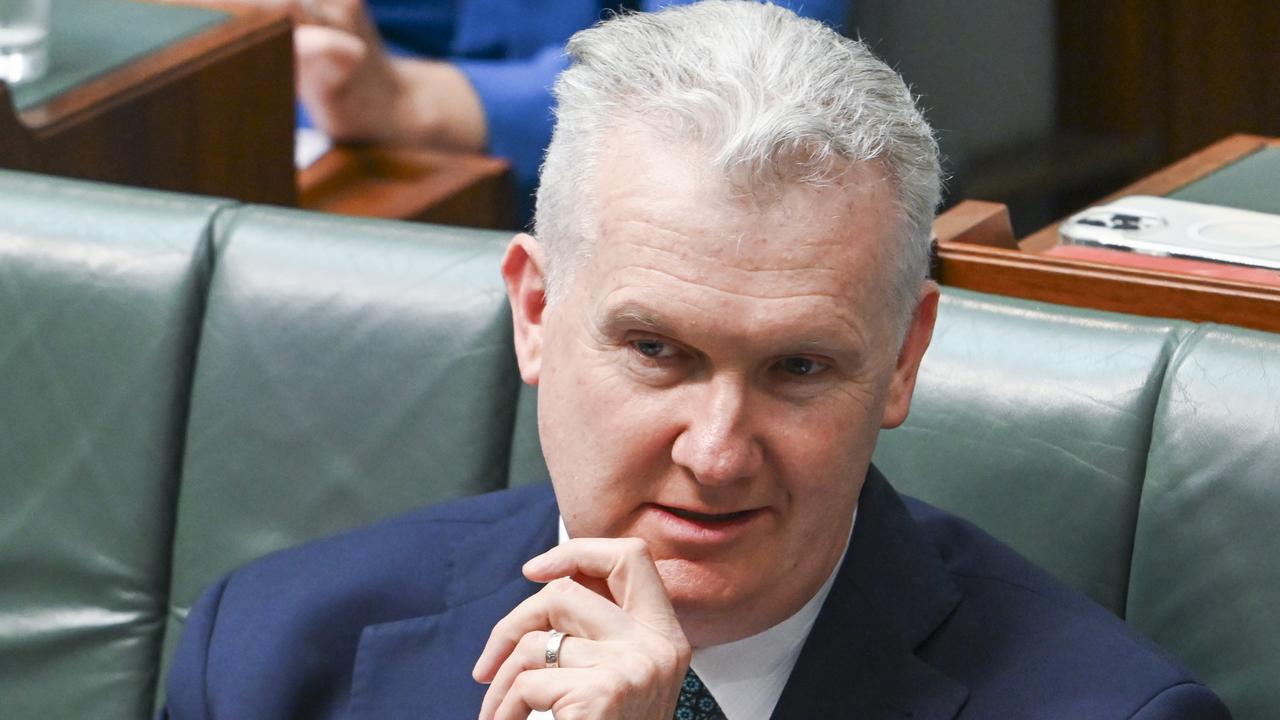Many Queensland politicians like to remind Queenslanders of their exceptionalism. You know the sort of thing: Queensland hospitals for Queenslanders, we’re really good at rugby league (or used to be); we have great weather up here.
Another area of exceptionalism has been in relation to budget management. Without a doubt, the Queensland government has been the continuous winner of the wooden spoon when it comes to debt accumulation, early loss of credit rating, uninhibited expansion of the public sector. Last year, net government debt in Queensland surpassed $100bn.
Sadly – or perhaps happily – Queensland’s position at the bottom of the fiscal management ladder is under threat. Victoria, in particular, is a serious competitor, having racked up an extraordinary amount of extra government debt as well as losing its AAA credit rating.
Tuesday’s Queensland budget was just an instalment on the 2020 budget delivered late last year. You know the sort of thing: we need to spend more to offset the costs of Covid (many self-inflicted); hospitals, schools, infrastructure – these things all need more government funding; the Gold Coast can become the Hollywood of the south with government funding; the debt might be higher but the cost of servicing it has fallen.
I particularly loved the line in the 2020 budget that Queensland was starting from a position of fiscal strength. Who said treasurers don’t have a sense of humour?
Mind you, some things are going Queensland’s way, including a very favourable flow of royalties from coal and other minerals. Royalty revenue is expected to increase by more than 25 per cent this coming financial year. The Palaszczuk government might need to take this into account when it ramps up its green, anti-resources rhetoric and brags about its lavish spending on renewables. (Check out the budget spending on the Kaban wind project in north Queensland, which was knocked back by the Northern Australian Infrastructure Facility.)
The GST is also good news for Queensland (don’t tell Western Australia). “GST revenue is estimated to be 16 per cent higher in 2020-21 compared to 2019-20. Queensland’s GST revenue is expected to grow by 5.4 per cent in 2021-22 and to continue to grow on average by 4.9 per cent per annum over the forward years.”
What this means, in combination with other factors, is that Queensland could record a tiny recurrent budget surplus at the end of the forward estimates period, in 2024-25, following three deficits. By 2024-25, however, net government debt will be close to $130bn.
Unsurprisingly, there are some silly aspects of this budget that, no doubt, are meant to impress. There is the trivial Queensland Future Fund – Debt Retirement Fund with its total capital of under $8bn. Even though it has debt retirement in the title, the funds may be used for other purposes.
Then there’s the Savings and Debt Plan in which relatively trivial savings are outlined department by department. How often has a treasurer paid lip-service to controlling employee expenses only to see them blow out? This is the Queensland way, now emulated by Victoria.
But even this lip-service involves 4s in front of the growth rates in employee expenses in each year of the forward estimates. You know all the usual excuses – frontline services, paying back deferred wage increases, population growth. And compare this with the private sector when wages are growing by only 2 per cent a year. Also don’t forget that employee expenses make up more than 40 per cent of all government expenses.
Queensland may have to share the cellar with Victoria but there is no chance of it escaping its lowly budget management ranking. As a light is to a moth, cheap money is an attraction for politicians – it leads to more debt accumulation on projects that have political appeal but often generate very dubious benefits relative to their costs. Queensland is a very good example of this phenomenon.



